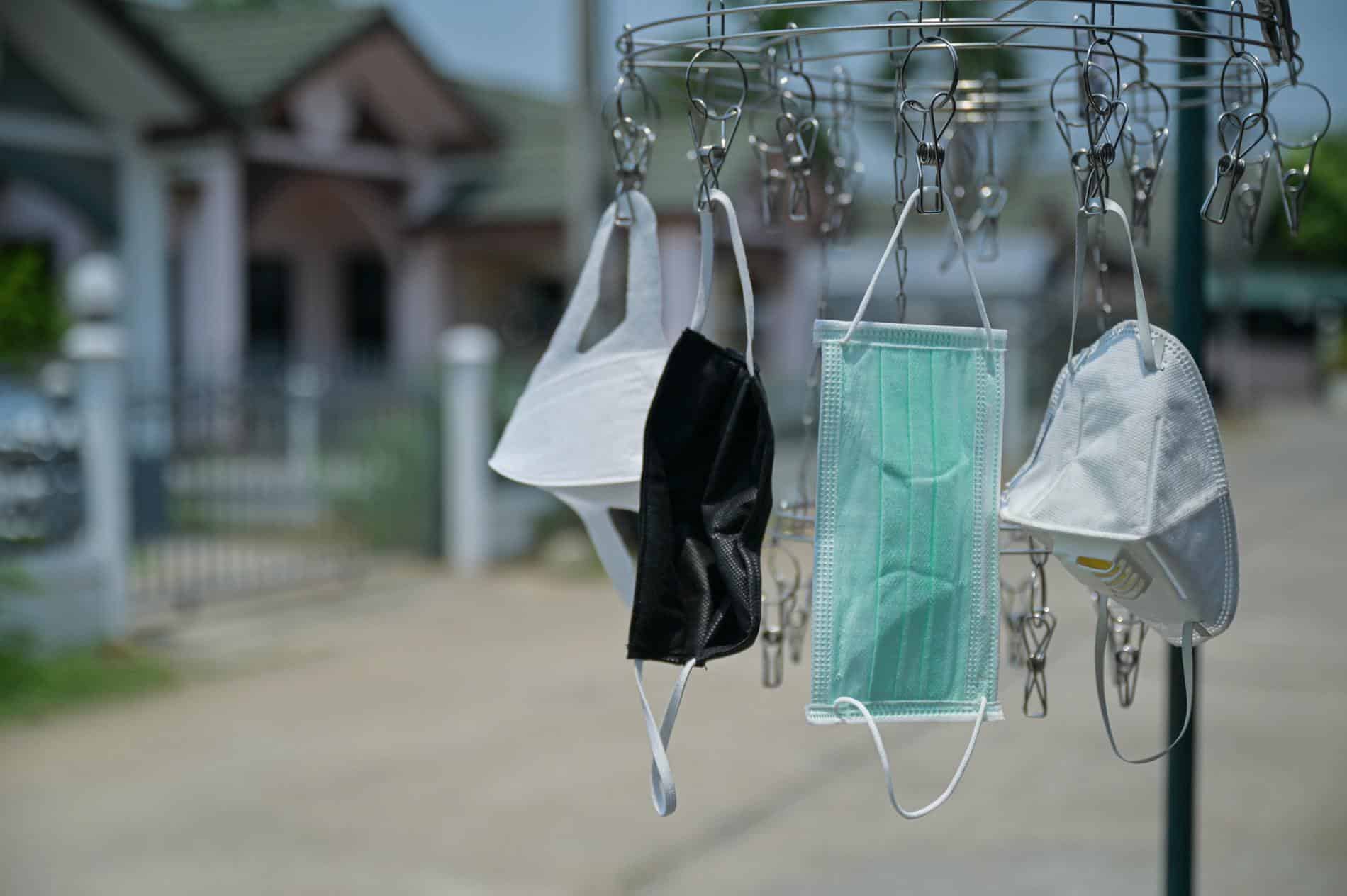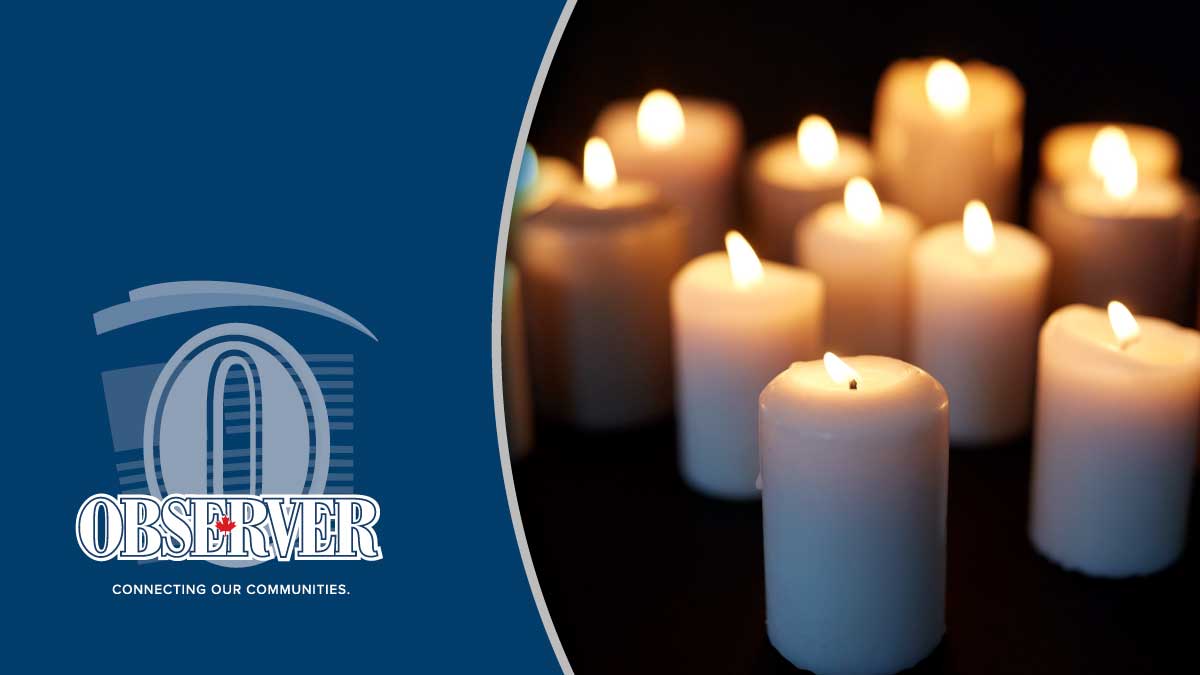Waterloo Region residents not already sporting masks in public have the weekend to get accustomed to wearing them, as face-coverings become mandatory on Monday in response to the coronavirus situation.
“I encourage you to practice wearing your face-covering at home. Get used to how it feels and make adjustments to the ties or elastics so that it fits comfortably and snugly. Face-coverings are made and fit differently, so it is important to learn how to wear yours,” suggested acting medical officer of health Dr. Hsiu-Li Wang during a video briefing Friday.
As of July 13, two new regional bylaws go into effect requiring residents to wear masks in public indoor spaces such as retail stores, as well as while using public transit.
Grand River Transit has taken steps to help with the transition, noted regional Chair Karen Redman.
“On Monday, Grand River transit will be distributing free mass to transit customers. GRT staff will distribute 40,000 non-medical masks over the coming weeks as part of their education program. We’ve got you covered.” Of those 40,000 masks, half will be reusable, and the other half disposable – the region hopes people will continue to reuse the distributed facial coverings.”
Looking to reduce the potential for confrontations, Redman asked that residents assume that someone not wearing a mask has a reason for that.
“Not all of us can wear a mask. It’s important to show kindness to those who are unable to wear a face-covering. Many health issues and disabilities are invisible and the bylaw does not require people to provide proof of an exemption. If you see someone not wearing a mask, assume they have a medical reason for not wearing one. We all need to continue to respect one another as we adjust to this bylaw,” she said.
Asked about why the region is only know mandating masks when the number of new cases has dropped dramatically, Redman defended the timing of Wang’s decision, noting the Public Health department had long advocated masks as one of the tools to help protect ourselves.
Overall, the number of cases has stabilized at relatively low levels. As of Friday, there have been 1,333 people known to have been infected by the virus since the first case was found in February, up by just four since Wednesday. The number of active cases was 53, down from 57 at midweek.
There have been 117 fatalities linked to the COVID-19, just one in the last couple of weeks, a man in his 80s.
In neighbouring Wellington-Dufferin-Guelph, the numbers continue to remain lower, as they have throughout the crisis. Public Health there made masks mandatory in mid-June.
The area reports 497 cases to date. Of those, 437 have been resolved showing a recovery rate of 87.9 per cent. There have been 37 deaths in the catchment area.
The Ministry of Health reported 36,464 cases of the novel coronavirus in Ontario on Friday, an increase of 0.3 per cent over the previous day. There have been 2,710 deaths attributed to the virus, representing a mortality rate of 7.4 per cent. The ministry reports 32,155 cases (88.2 per cent) have been resolved.
The latest numbers from Health Canada show 106,805 confirmed cases of COVID-19 nationwide, with 8,749 related deaths, a mortality rate of 8.2 per cent.









